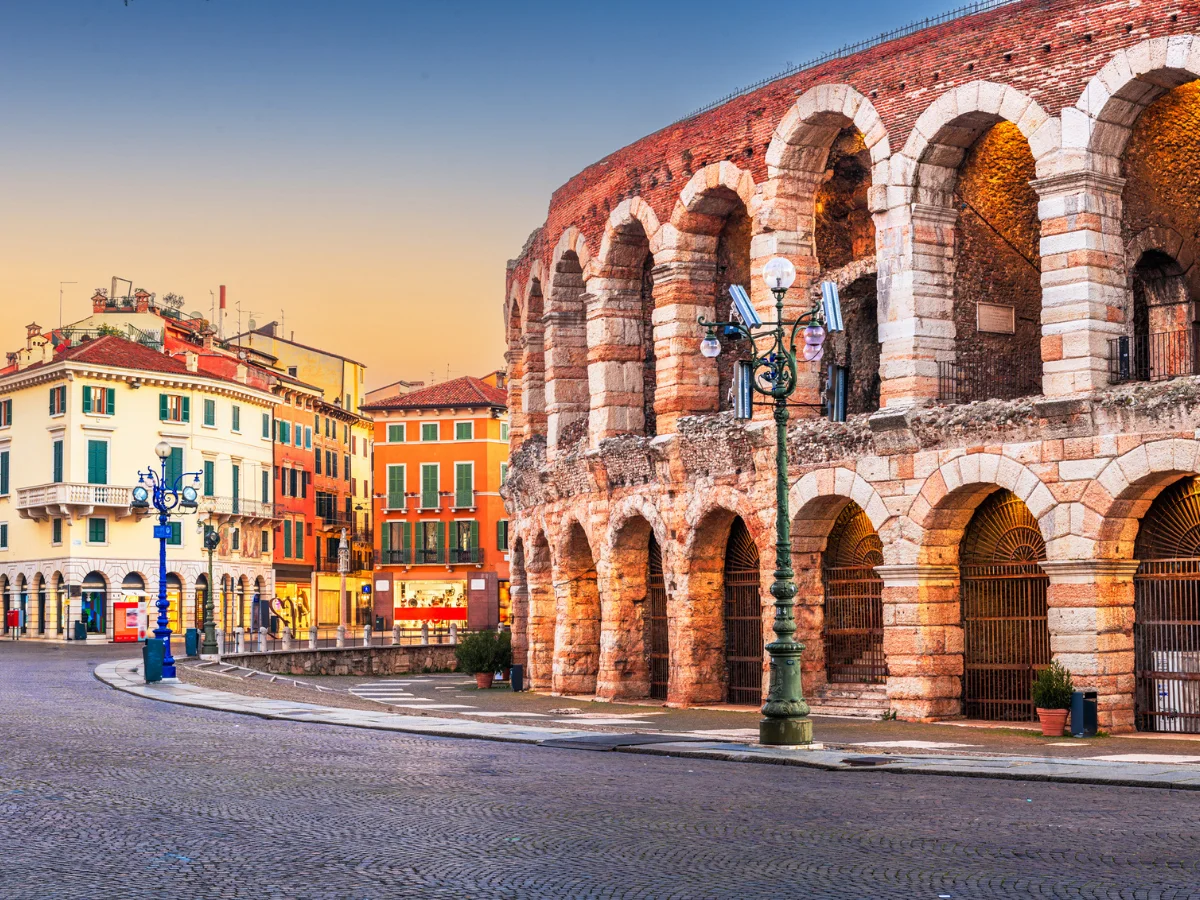The clashes between Ancient Rome and Greece
The clashes between Ancient Rome and Greece spanned centuries, shaping Mediterranean history. Wars like the Pyrrhic Wars and the Macedonian Wars showcased Rome’s rise to power. Naval engagements solidified Roman dominance. Despite conquests, cultural exchange flourished, influencing art and literature. The legacy of these conflicts continues to resonate, reflecting the complexities of power struggles and cultural assimilation in the ancient world.

The clashes between Ancient Rome and Greece
Rome and Greece: Clash of Titans
The conflict between Ancient Rome and Greece spans centuries, characterized by shifting alliances, territorial disputes, and clashes of military might. The battles between these two ancient powers shaped the course of Mediterranean history and left a profound impact on both civilizations.
The Pyrrhic Wars: Rome’s Confrontation with Greek City-States
The Pyrrhic Wars, named after King Pyrrhus of Epirus, marked Rome’s early encounters with Greek city-states. The Battle of Heraclea saw Pyrrhus employing war elephants against Roman legions, resulting in a costly victory. At Asculum, Rome faced another brutal engagement, suffering heavy casualties despite inflicting significant losses on Pyrrhus’ forces. Despite Pyrrhus’ tactical prowess, Rome’s resilience and numerical superiority eventually led to his withdrawal from Italy.
The Macedonian Wars: Rome’s Conquest of the Hellenistic World
The Macedonian Wars witnessed Rome’s expansion into the eastern Mediterranean and its confrontation with the formidable Macedonian Empire. The Battle of Cynoscephalae proved decisive, with Rome’s disciplined legions prevailing over Macedon’s phalanx formation. The Roman victory at Pydna resulted in the downfall of the Macedonian monarchy and the establishment of Roman hegemony over Greece.
The Achaean War: Greece’s Last Stand Against Roman Domination
The Achaean War marked the final conflict between Rome and Greece, as the Achaean League sought to resist Roman domination. The Battle of Corinth saw the decisive defeat of the Greek forces, leading to the sacking of Corinth and the dissolution of the Achaean League. With Greece firmly under Roman control, the era of independent Greek city-states came to an end.
Legacy: Cultural Exchange and Influence
Despite the conflicts and conquests, the interactions between Rome and Greece also facilitated significant cultural exchange and mutual influence. Roman admiration for Greek art, philosophy, and literature led to the adoption and adaptation of Greek cultural elements within Roman society. The fusion of Greco-Roman culture laid the foundation for the development of Western civilization, influencing art, architecture, politics, and literature for centuries to come.
Conclusion: A Complex Legacy
The battles between Ancient Rome and Greece were emblematic of the struggles for power and dominance in the ancient Mediterranean world. While these conflicts resulted in conquest and subjugation, they also fostered cultural exchange and mutual enrichment. The legacy of Rome’s interactions with Greece continues to resonate in modern times, shaping our understanding of history, politics, and culture.



